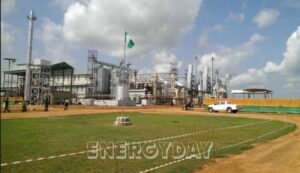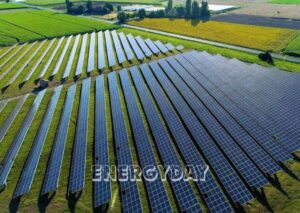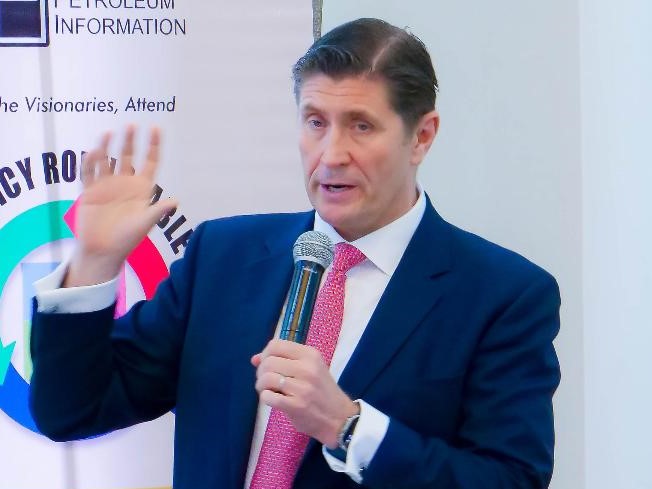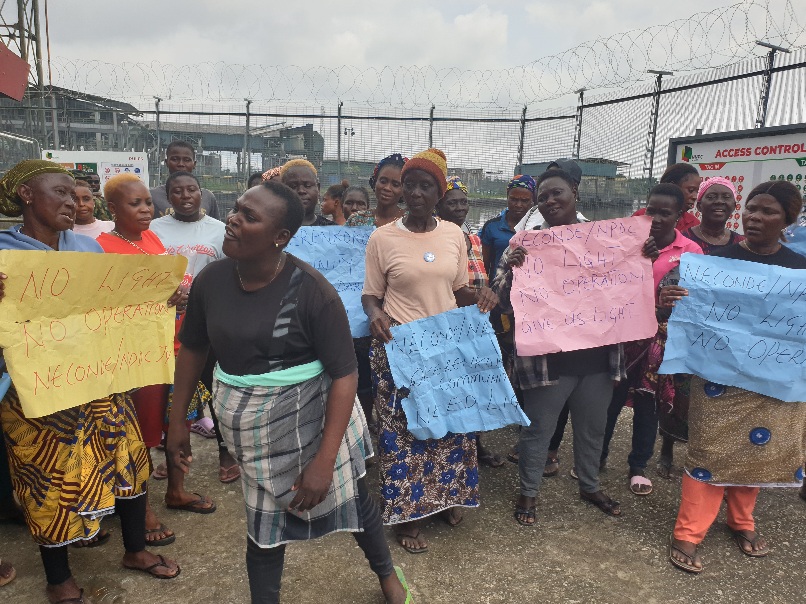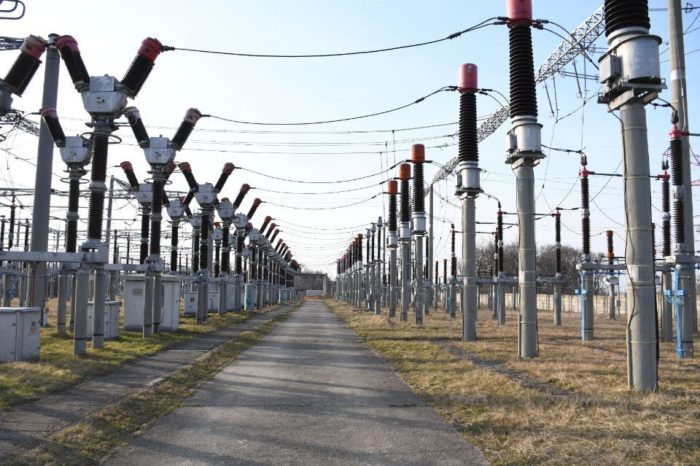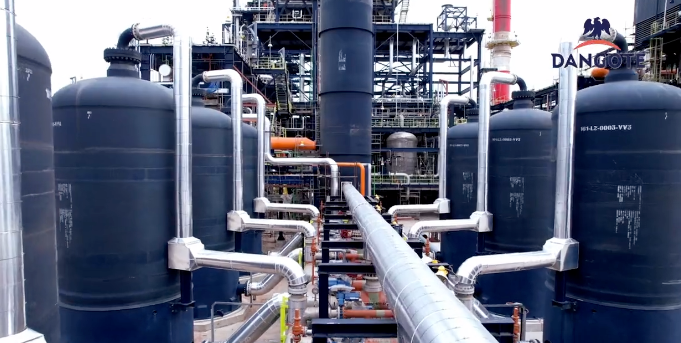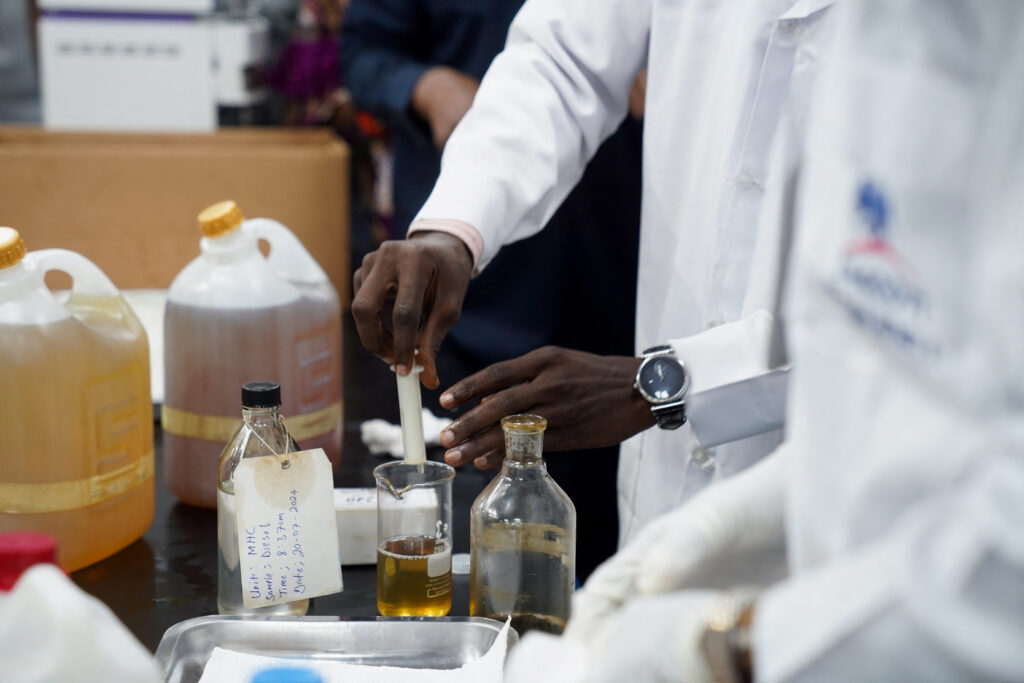REA set to power 20m Nigerians under solar, mini-grid programme
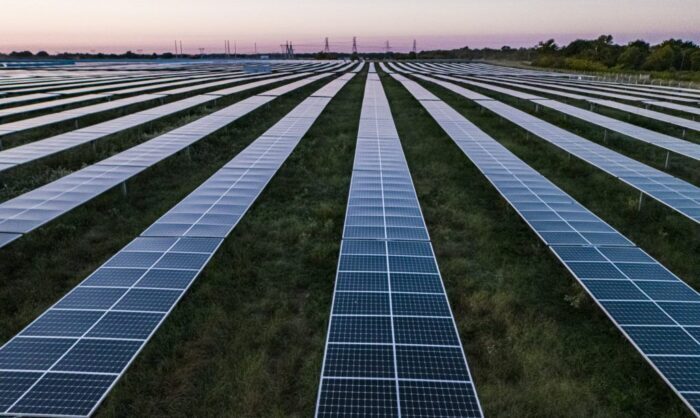
Ilenre Irele
The Rural Electrification Agency, REA, is making efforts to make available electricity access to over 20 million Nigerians under its solar and mini-grid development programme.
Acting Managing Director and Chief Executive Officer, MD/CEO, of the REA, Abba Aliyu, stated that the agency was deploying the $750 million project supported by the World Bank would to provide electricity to 20.1 million Nigerians.
This was a revelation he shared with the media at the ARE Energy Access Investment Forum, EAIF, 2024 held in Lagos.
The World Bank provided the loan through the International Development Association, IDA, an organisation under the Bretton Woods institution which provides capital to the world’s poorest countries.
Aliyu explained that REA will provide isolated mini-grids for three million Nigerians to access electricity and 1.5 million Nigerians would get power through interconnected mini-grids, and about 15.6 million Nigerians to be electrified using the solar home system and mesh grid.
Aliyu said: “The federal government now, under the present leadership of President Bola Tinubu, they approved the biggest public sector funded off-grid project in the entire world, the $750 million project, where REA will use that funding as a capital subsidy to incentivise the private sector to electrify 23 percent of the total un-electrified Nigerians.
“And we are very clear on how we intend to achieve that. We want to provide three million Nigerians with electricity access using isolated mini-grids, 1.5 million Nigerians with electricity access through interconnected mini-grids, and also about 15.6 million Nigerians with solar home systems and mesh grid.”
Aliyu also said the rural electrification fund, REF, which is the funding that REA receives from the electricity market, is being used to partner with states to operationalise the new Electricity Act.
“And we use that also to partner with the state in our effort to operationalise the new Electricity Act, where we get the sub-national, the state, to provide counterpart funding of 30 percent, and REA provides 17 percent to provide intervention by providing mini-grids or solar home system or productive use of equipment within the state.
“So this is the second aspect of intervention that REA is doing. Then lastly, based on this data and experience within the space, REA is also developing different models that can be replicated across the country,” Aliyu said.
He also said REA is implementing a $550 million natural electrification project funded by the World Bank and the African Development Bank, AfDB.


